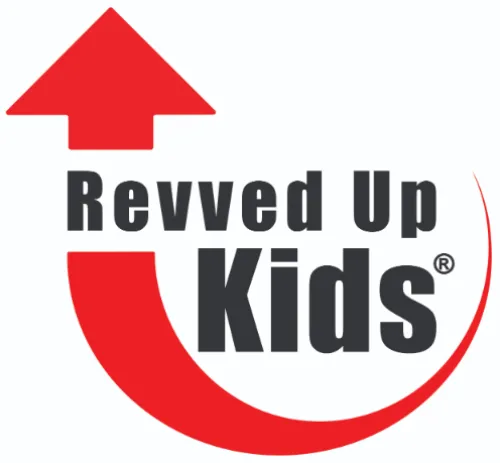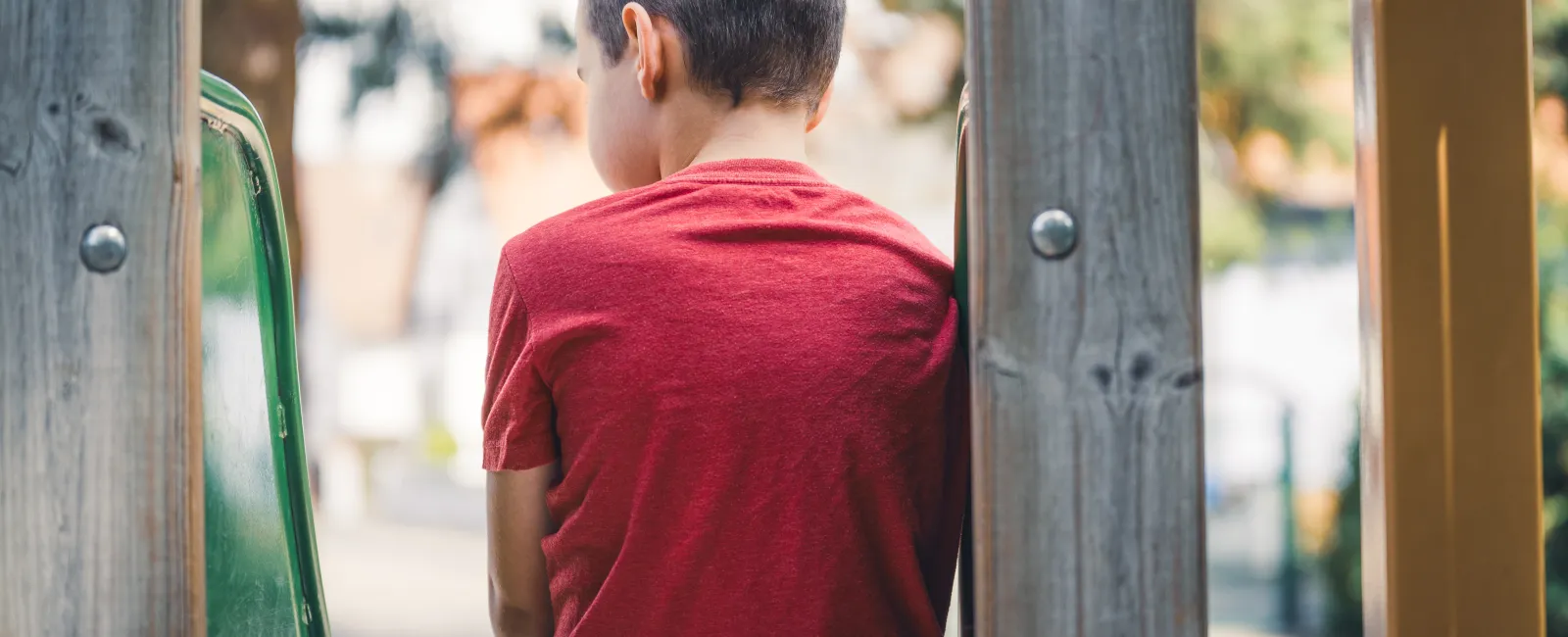This issue is the third
installment in our special series on grooming, the manipulative process used by
sexual predators to enable and conceal abuse. In Installment 1, our goal was to familiarize you with the fundamentals of
grooming. Installment 2 identified red flag behaviors that can signal grooming
of a child. Our final installment is devoted to providing action steps to help
you keep your children safer.
Ensure safe
environments:
Research suggests that predators make rational risk/reward
assessments when selecting potential victims. When they perceive a greater risk
of being caught, it can create powerful incentives for them to back off and
disengage, a fact also acknowledged by convicted abusers.
Parents
can help protect their children by creating strong barriers to abuse through
adequate supervision, by monitoring their children's relationships and
environments, and by being as involved as possible in their lives. Reference
the Revved
Up Mom blog about selecting youth-serving organizations that are actively
protecting the children they serve.
Foster comfortable conversation:
Revved Up Kids training programs for children equip them to recognize unsafe people, avoid dangerous situations and respond appropriately if they are approached by a predator.
The
foundation of the Revved Up Kids mission is an ongoing (not occasional) family
safety dialogue. In several studies, convicted abusers were asked what
typically derailed their abuse of a child. The consistent answer was that, if a
child said no, had some sort of negative reaction, or made it clear he or she
would tell someone, they backed off from initiating abuse or stopped any
further abuse. While this may not be true in every case, it does affirm that that, in many cases, they will indeed turn
away when the child doesn't present as the easy target they are seeking.
Here are some available resources to foster comfortable conversations:
- Watch the conversation between our Founder, Alli Neal, and family advocate Jason Brick on his show Safest Family on the Block.
- Read the Revved Up Mom blog installment Talking to Kids About Sexual Abuse
- The U.S. Department of Justice's National Sex Offender Public Website also provides age-appropriate tips and additional resources.
- Access these additional parenting resources from The American Psychological Association.
Taking simple steps to build self-esteem, self-confidence and a
sense of well-being can create protective barriers for your children against
sexual abuse, and also build resilience against the other trials of life they
will invariably face. Start building self-esteem with a three to one approach.
For every one time you correct/criticize/punish your child, take three
opportunities to say something positive.
Keep your children safe online:
Children's online worlds are places to connect, learn and
socialize. Their online life is as big and complex as their real life, and it
deserves equal time and attention from parents. Take steps to immerse yourself
in your child's online life in the same way you are involved in their real life.
Use these resources as starting points:
- The Revved Up Mom Blog has a section with multiple internet safety installments.
- Commonsense Media is a great site for vetting the different apps, games, videos, etc. that your child is interest in.
- Facebook's Parenting In A Tech World group has more than 100,000 members who help each other with questions and problems, share stories from "down in the trenches," provide resources and advice. This group is hosted by Bark Technologies, a provider of monitoring software.
Need help to start the
personal safety conversation? Take advantage of a Revved Up Kids training
program for your children and teens.
Revved Up Kids has trained tens of thousands of children to recognize dangerous people, avoid unsafe situations, and escape attackers. Our training programs are available for boys and girls in K-12th grade, for parents, and for youth serving organizations. Contact us to discuss protecting the children you love from predators and violence, 678.526.3335.

